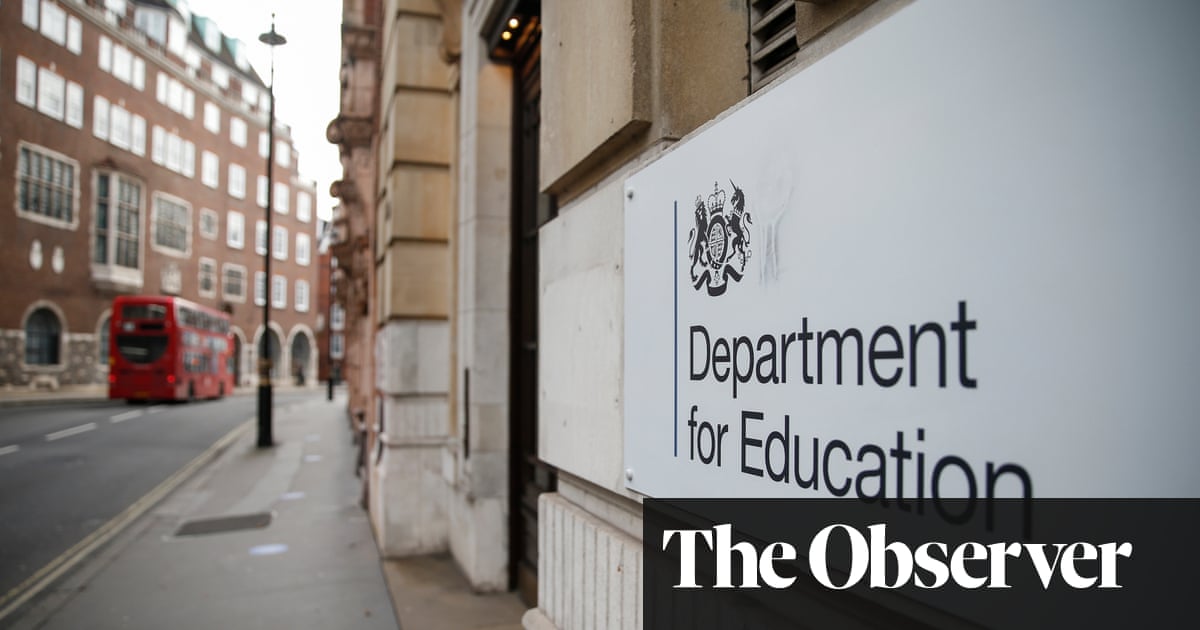
The government is on a collision course with the information commissioner over its refusal to publish a confidential report warning that the UK’s health system could not cope in a pandemic.
In a dramatic move, the Information Commissioner’s Office has ordered the Department of Health and Social Care (DHSC) to hand over the report into Exercise Cygnus, or explain its decision for refusing, by 23 October.
Cygnus, a three-day simulation exercise in 2016, assessed the UK’s ability to cope with an influenza pandemic, but its findings are pertinent to the current coronavirus crisis.
Lawyers for an NHS doctor, Moosa Qureshi, who made a freedom of information request six months ago demanding to see the Cygnus report, have accused the government of deliberately delaying its response to his request. There is speculation that this is because the report’s contents would confirm that the government had failed to learn the lessons from its own exercise.
Phillip Lee, the former Liberal Democrat MP who was a Conservative minister at the time of Cygnus, said the exercise had made it clear to the government that it needed to act. “We knew we were not prepared for a pandemic from the Cygnus report,” Lee told the Observer in April. “It was a mistake not to publish it at the time.”
One former government source familiar with the exercise told the Daily Telegraph that officials were reluctant to discuss what Cygnus had revealed as it was “terrifying”.
In mid-September, Qureshi’s lawyers, Leigh Day solicitors, wrote to the Information Commissioner’s Office (ICO) to complain about the latest delay to his freedom of information application, stating: “The DHSC has engaged in a tactic of evasion and delay, and its conduct entirely undermined the purpose of the FOIA [Freedom of Information Act] regime.
“Perhaps conscious of the political ramifications that disclosure of the Cygnus report might have while the pandemic rages on, the DHSC is clearly playing for time. As a result, it is preventing Dr Qureshi either receiving copies of the Cygnus report or exercising his legal rights to challenge any refusal to disclose the same.”
Now the ICO has called time on further delays. On 28 September it put the DHSC on notice that it had to respond to Qureshi’s application within 20 working days. It said 40 working days would be justifiable only in exceptional circumstances.
“I’m grateful that the ICO has taken a robust position,” Qureshi said. “The role of regulatory bodies and our judiciary is incredibly important when a small cabal of politicians and advisers appear to be ruling erratically by decree. The government now needs to adopt a grown-up position, act in the national interest, and recognise that transparency, open data and a collaborative approach are imperative during a national healthcare crisis.”
Leigh Day partner Tessa Gregory said releasing the report was in the public interest. “The government has committed to acting with maximum possible transparency through the pandemic yet the Department of Health and Social Care has spent six months fighting and evading our client’s requests for publication of the Cygnus report,” Gregory said.
“While the Covid-19 pandemic rages, costing lives, the lessons that the NHS and others learned during its 2016 pandemic simulation exercise remain locked away from public scrutiny. That cannot be right. Following this intervention by the information commissioner, our client is looking forward to a substantive response to his freedom of information request.”
The DHSC declined to comment but it is understood to be preparing its response in due course.












